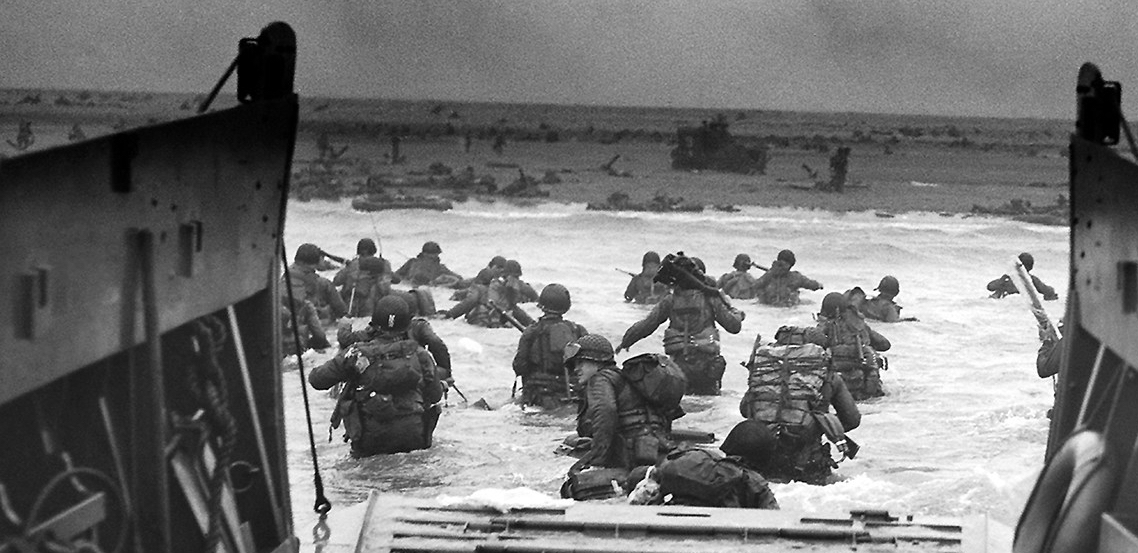There were many words that you could not stand to hear and finally only the names of places had dignity. Abstract words such as glory, honour, courage, or hallow were obscene.
Ernest Hemingway, in A Farewell to Arms, 1929.

Among more than 700 pieces created in World War I by United States Army combat artists, “His Bunkie” depicts a scene familiar to Soldiers and Marines of every era. I first saw this powerful drawing quite a few years ago and never forgot it. The artist, William James Aylward, was a highly successful commercial illustrator when he joined the U.S. Army Art Program in 1918.
This drawing was a scene repeated countless times during World War I. A doughboy pauses at the freshly dug grave of his battle buddy. A simple moment of remembrance, captured for all time, hides the human experience of two men. Perhaps they lived and died inches apart. They shared hot Joe and corned willy, hunkered down beneath the thunder of artillery barrages, breathed the same foul odors of the trenches. Who can say the dangers and sacrifices those two young Soldiers experienced together? No one alive today can come even close to understanding.
Caught up in the great events of their time, one Soldier lived and another died. This is the wartime experience at its most basic, and human, level. We are fortunate indeed that the artist captured this vignette. Perhaps you’ve seen photographs of our military cemeteries, or visited one yourself. Every grave of a fallen service member is a story just like this one.

World War I has receded in America’s national consciousness to the point where it’s nearly forgotten. Like very old family photos lost in some box up in the attic, the war has lost the horror and misery that were part of everyday life in those years For those who endured the awful reality of life between 1914-18, the Great War was anything but great.
My maternal grandfather served in France with the American Expeditionary Force. Many of my older uncles did too. As a boy in the 1960s, I once asked my dad – a World War II combat veteran – why World War I was sometimes called the Great War. He looked at me as if I were an idiot and scoffed, “There’s no such thing as a great war.”

Maybe my father had never heard the term before, or didn’t understand why the war had once been called great. I’ll never know since he died long before I would have had the presence of mind to ask a follow-up question. But papa definitely knew something of war’s effect on those who were touched by the fire.
Never forget, Mark
